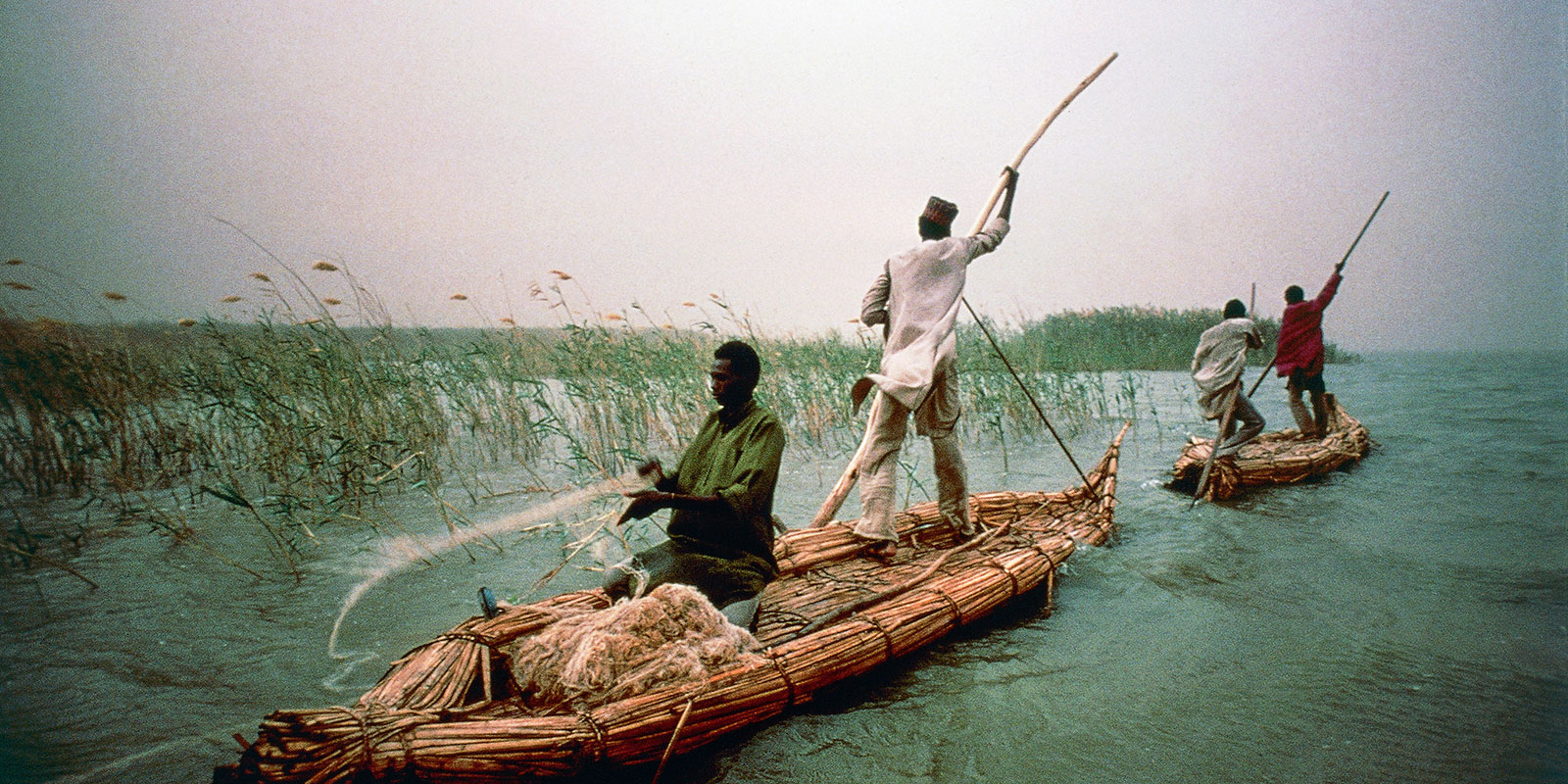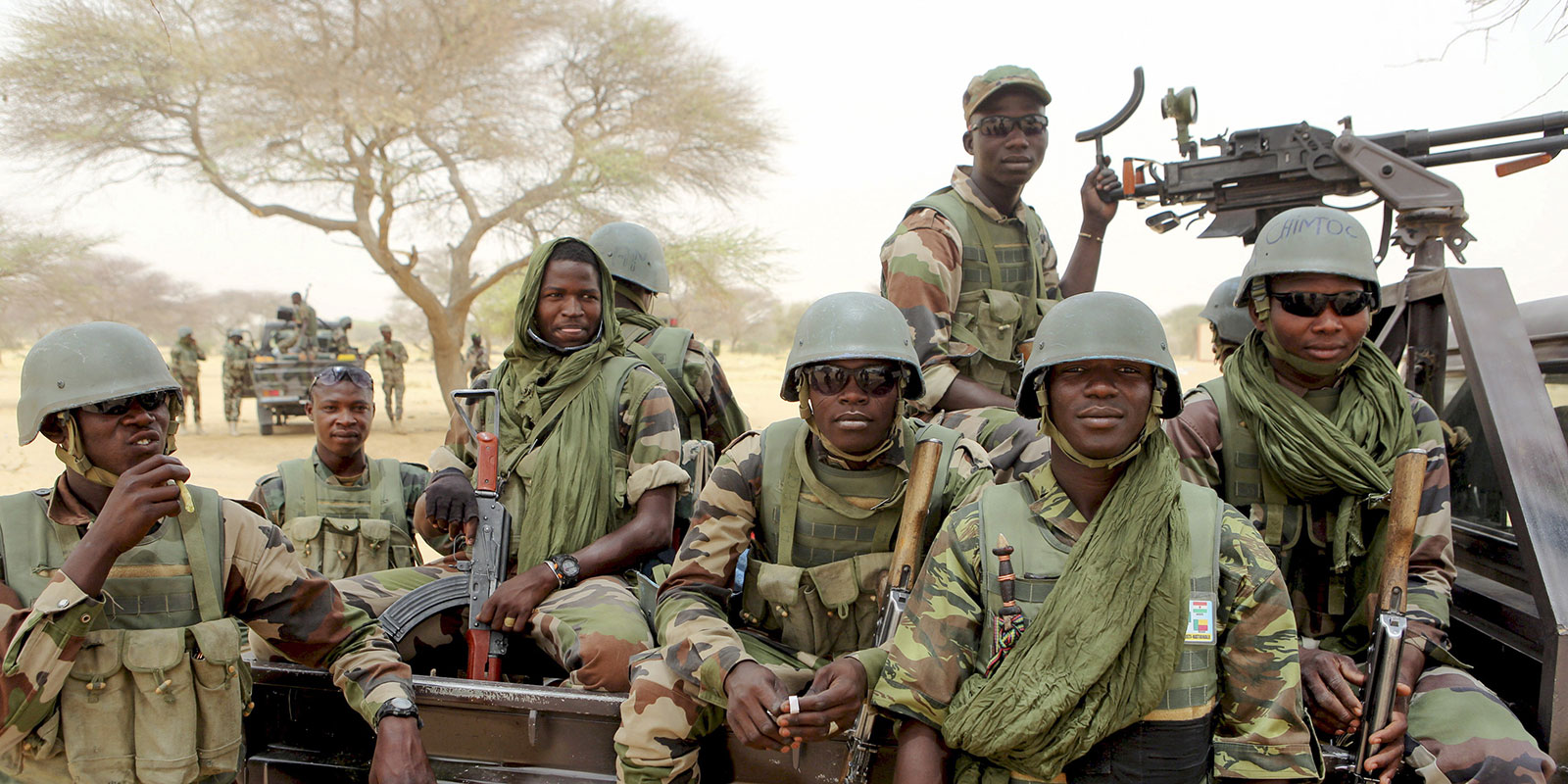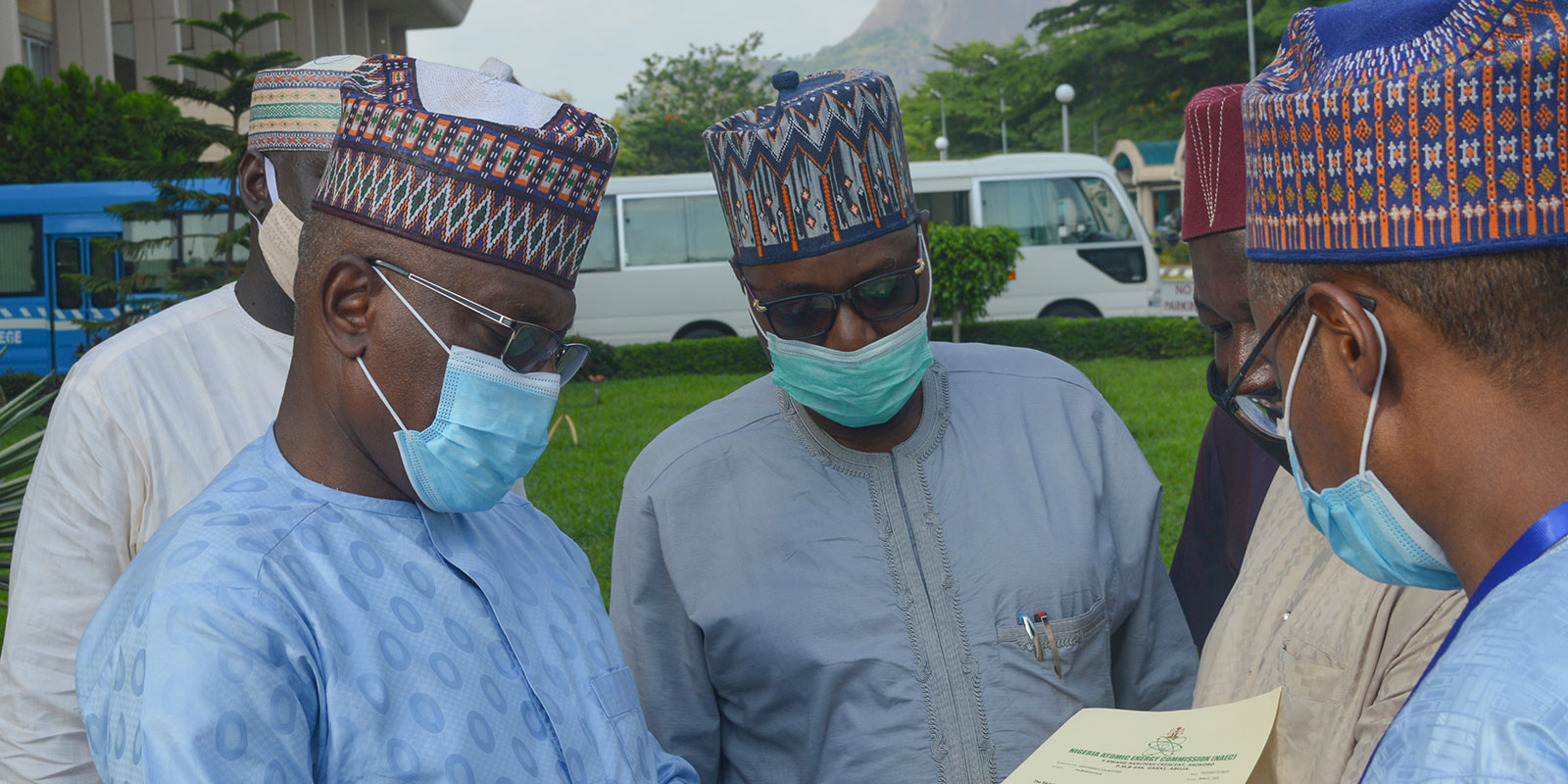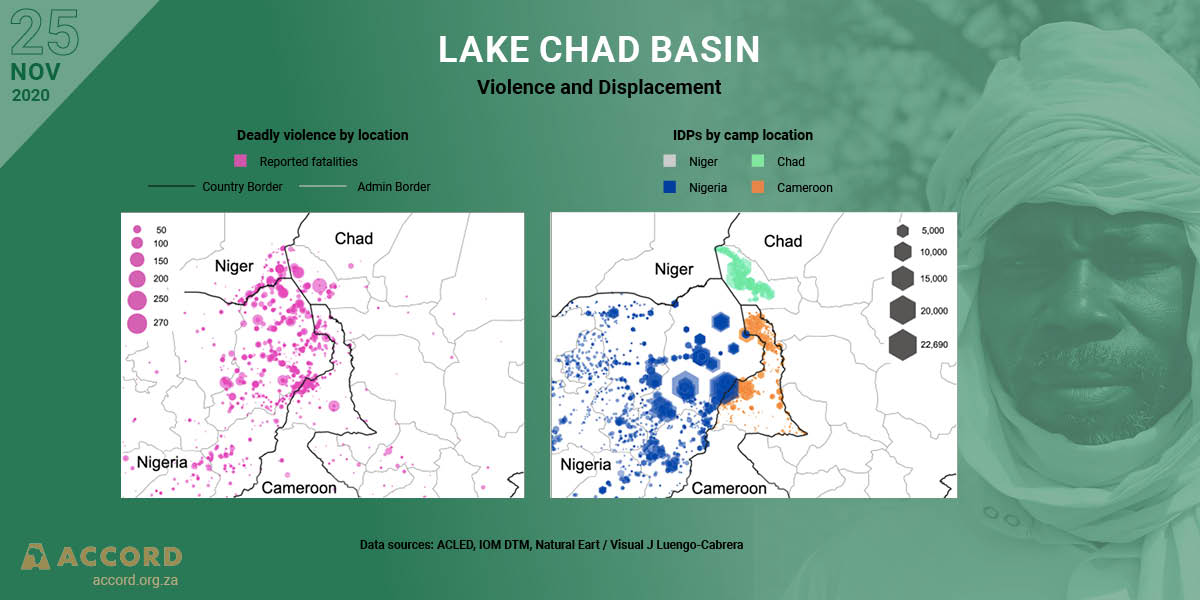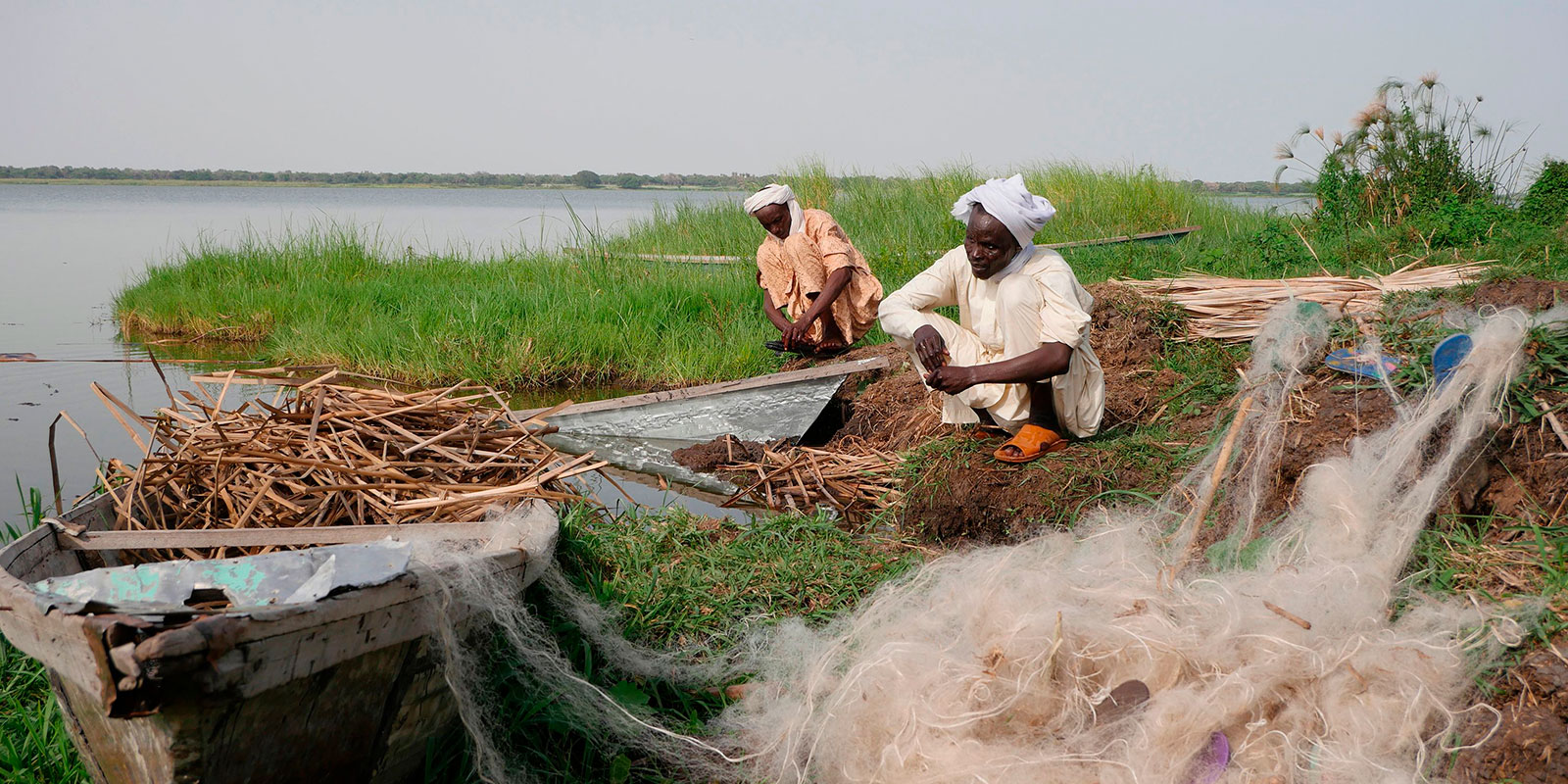This week’s Monitor is a special edition on the Lake Chad Basin, with all the authors confirming that this region presents a complex and multidimensional crisis characterised by humanitarian emergencies, violent extremism, poverty and the effects of climate change. This complexity has now been further exacerbated by the COVID-19 pandemic.
This edition features Ambassador Mamman Nuhu, executive secretary of the Lake Chad Basin Commission, who opines that the COVID-19 pandemic has significantly contributed to heightened economic needs, and threatens people’s livelihoods within the region.
Dr Abubakar G. Iliya argues that COVID-19 has had severe impacts on the citizens of Borno, Adamawa and Yobe states in Nigeria, who were only recently starting to recover from the effects of Boko Haram’s violent insurgency. The efforts of multiple stakeholders to drive stability through development in the Lake Chad Basin has the potential to offer lessons for other regions in Africa, as argued by Dr Jide Martyns Okeke.
While DrFatima Akilu acknowledges that COVID-19 has increased the exposure of those already vulnerable, in particular women, she points to the role of community resilience in assisting various communities to adapt to and cope with the additional effects presented by the pandemic. This week’s edition ends with a contribution by Dr Cedric de Coning and Dr Florian Krampe, reflecting on how climate change and related environmental challenges have increased social vulnerabilities, with COVID-19 becoming an additional stress multiplier.

